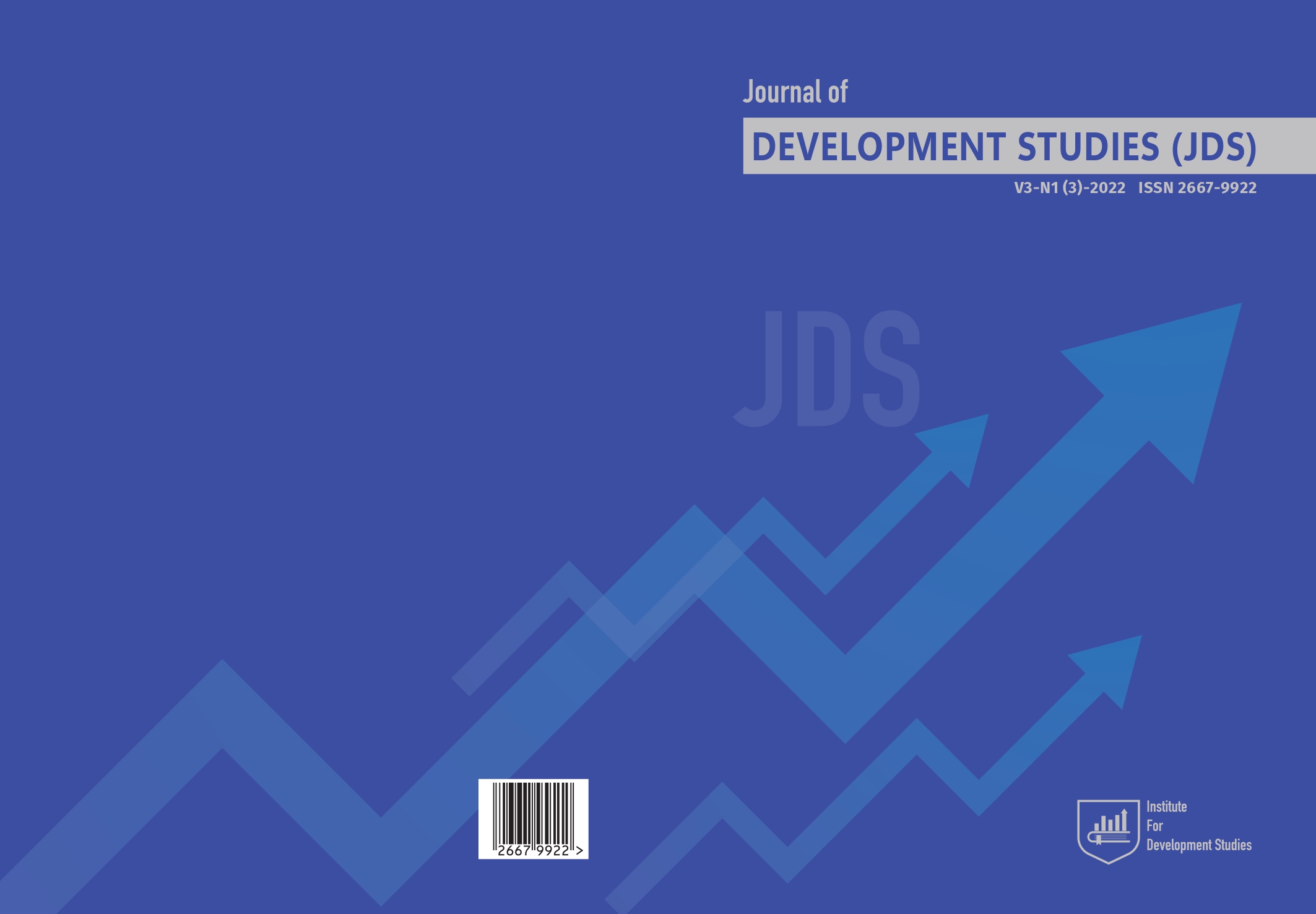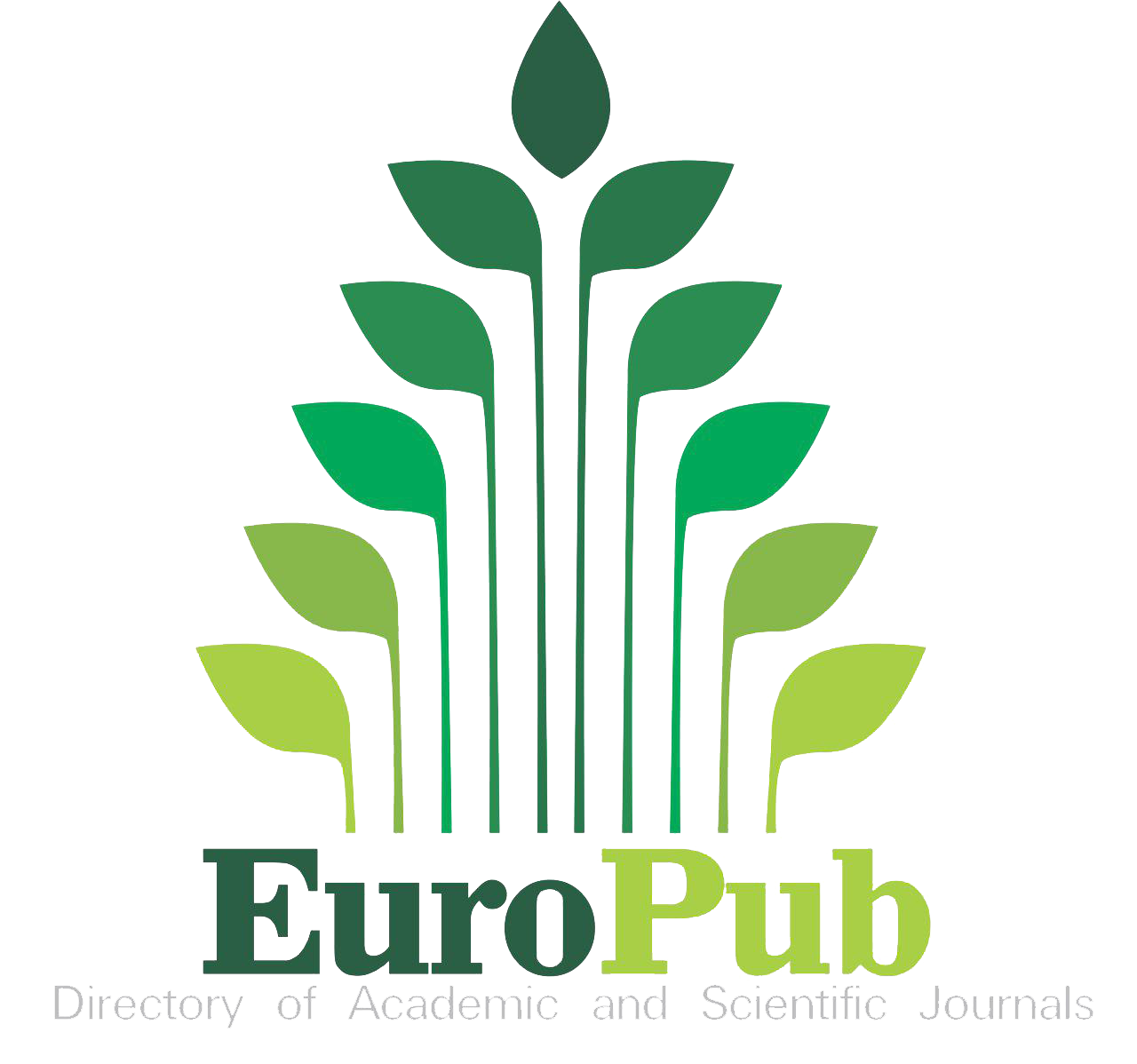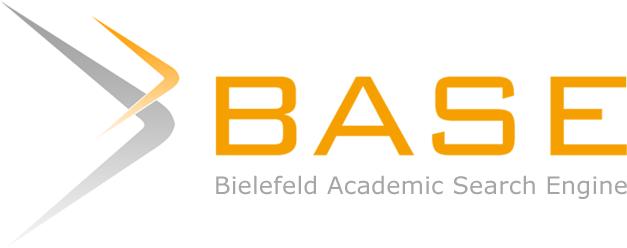Aspects of Green Transition in Georgia
DOI:
https://doi.org/10.52340/jds.2022.03.03.06საკვანძო სიტყვები:
Green Transition, Green Economy, Georgiaანოტაცია
In the 21st century, the issue of sustainable development has taken on a key role in every field of the economy and business. The development of a green economy can play an important part in the sustainability of environmental protection, being an economic model that focuses on human health and the environment in parallel. Sustainable development involves protecting the environment and ensuring community well-being, having the world’s citizens living in ecological cleanliness and health. The growth of sustainable development and green economy contributes to overcoming the risks related to environmental pollution and the reduction of ecological problems. As such, green transition has been set as a goal by many countries today. Yet, it is a multi-faceted process that needs the broad-reaching involvement of numerous stakeholders in a focused network for collaboration. The main direction of
the green concept in the process of economic activity is to reduce the use of natural resources and protect the principles of ecological health and sustainable development. Much attention is given to the prevention of natural disasters and, in the best case, to their complete avoidance. The article covers the challenges faced by Georgia in its own process of green transition, and touches on issues related to green business development, air pollution, waste management, energy efficiency, and other sustainable development issues that provide an overview of aspects of the green transition.
Downloads
წყაროები
Ananiashvili, I. (2014). Models of assessment and analysis of unobservable macroeconomic indicators, Economics and business, No 5, Tbilisi, (In Georgian).
Beridze, T. (2018). The issues of understanding economic growth, Globalization and Business, No 6, Tbilisi (In Georgian). Nunez, C. (2019). National Geographic, Desertification, https://www.nationalgeographic.com/ environment/article/desertification
Cameron, A., Clouth, S. (2012). A guidebook to the Green Economy, UN Division for Sustain able Development. https://sustainabledevel opment.un.org/content/documents/GE%20 Guidebook.pdf
Evans, M. (2011). Sustainable Transport. https:// earthtimes.org/blogs/encyclopaedia/sustain able-transport Guidelines and Best Practices, UNECE (2021).
Guidelines and best practices for micro-, small and medium enterprises in Georgia in deliv ering energy-efficient products and in pro viding renewable energy equipment https:// unece.org/sites/default/files/2021-03/Georgia_MSME_EE_RE_Report.pdf
Ranvir, N. (2020). World has a golden opportunity to go green. https://www.arabnews.jp/en/ opinion/article_16454/ Sustainable Development Goals (2020). https:// unstats.un.org/sdgs/report/2020/
Talikadze, N. (2019). The Impact of Local Production on Ensuring Food Independence: Trends and Contemporary Challenges, Economics XXI century, Tbilisi (In Georgian).
The Green Deal (2021). On the path to a climateneutral Europe by 2050. https://commission. europa.eu/strategy-and-policy/priorities-2019 -2024/european-green-deal/delivering-european-green-deal_en
UN Environment Program Publications https:// www.unep.org/resources/filter/keywords- =green%20economy/page=0/sort_by=publica tion_date/sort_order=desc/type=resource,re port_flagship,technical_highligh
ჩამოტვირთვები
გამოქვეყნებული
როგორ უნდა ციტირება
გამოცემა
სექცია
ლიცენზია
საავტორო უფლებები (c) 2024 Nino Tsikoridze

ეს ნამუშევარი ლიცენზირებულია Creative Commons Attribution-ShareAlike 4.0 საერთაშორისო ლიცენზიით .














